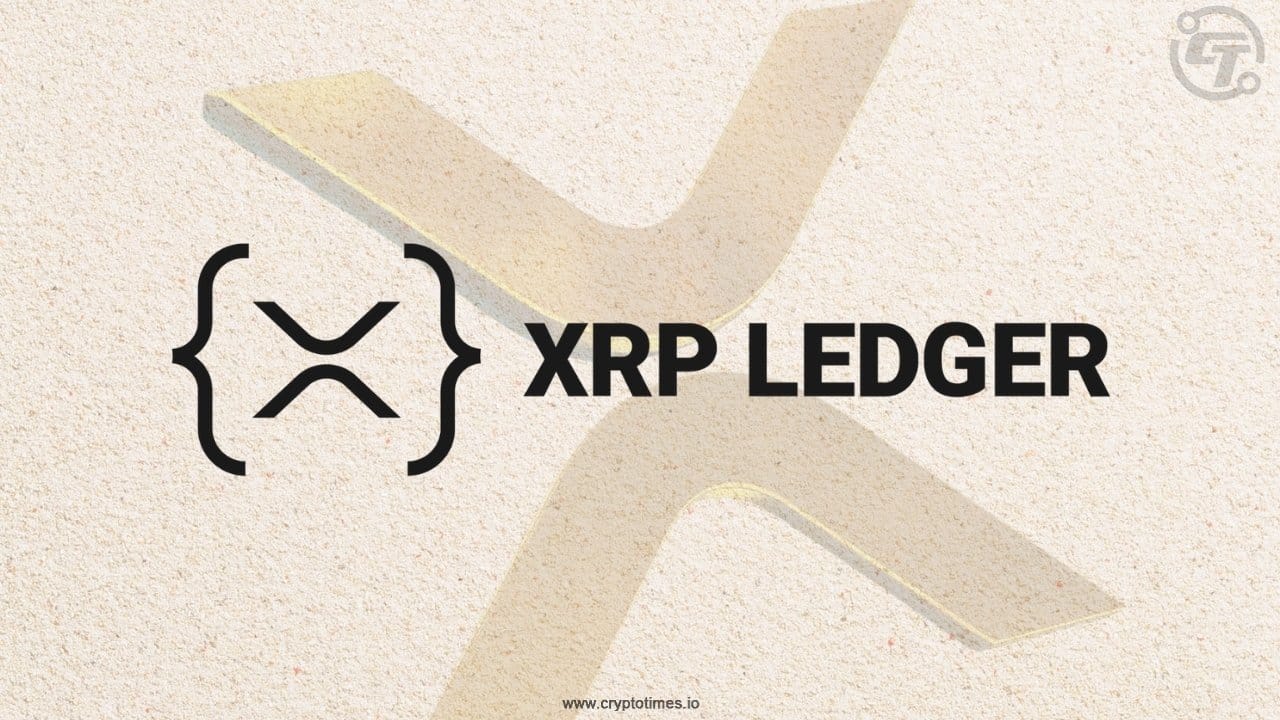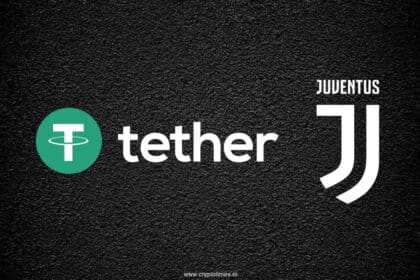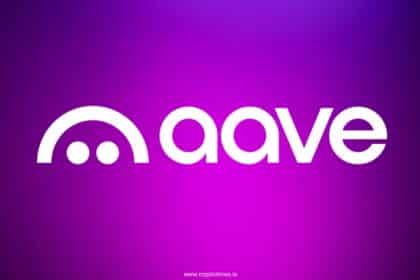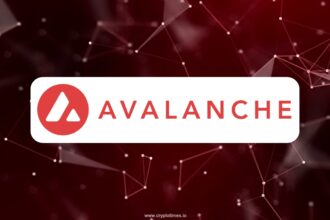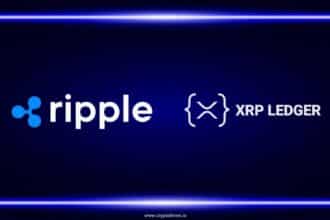The XRP Ledger (XRPL) is reaching a defining moment in its push to attract institutions. Ripple CEO Brad Garlinghouse reportedly confirmed that privacy will guide the next wave of institutional engagement. Prominent XRPL contributor Vet also shared this insight on X, stating that he spoke directly with Garlinghouse.
According to Vet, “We passed many compliance amendments like DID, Credentials, and soon Permissioned Domain/DEX. We also got MPTs, Multi-Purpose Tokens for more efficient tokenization of assets.” He added that XRPL’s combined DEX and AMM architecture forms a strong foundation. However, privacy and lending tools, such as XLS-66, remain the final pieces needed for full institutional integration.
Building a privacy-ready ledger
Vet explained that institutions could soon join the XRPL with on-chain credentials for know your customer (KYC) and anti-money laundering (AML) verification. Through the use of encrypted balances and transfers, they would trade or lend throughout the network while preserving their privacy.
Moreover, he noted that zero-knowledge proofs (ZKPs) enhance both confidentiality and scalability. “Privacy via ZKP also helps with scalability because we can have heavy computation elsewhere and just verify on-chain it happened,” he stated.
Additionally, Vet believes smart contracts, specifically XLS-101, will connect all these components into one cohesive ecosystem. “This should give bottom folks and top-down players like Ripple the perfect tech stack to onboard customers for a crescendo on-chain,” he said.
Ripple’s technical vision for privacy
In a recent blog post on October 2, Ripple cryptographer J. Ayo Akinyele explained that real privacy for institutions means finding the right balance between openness and secrecy. He said that privacy on the blockchain should work just like the encryption that keeps online banking safe.
Akinyele highlighted ZKPs as a means of enabling private yet compliant transactions. “Organizations will not transfer essential processes to public ledgers unless confidentiality is built into them,” he said, adding that regulators also need accountability. Consequently, he pointed out that wallet infrastructure, selective disclosure, and ZKPs are key to bridging that gap.
XRPL’s push for privacy and smart contracts signals a turning point for the network. These changes could help big companies confidently use blockchain, keeping their data safe while still meeting regulatory standards.
Also Read: Ripple National Trust Bank Charter Filing Goes Public


